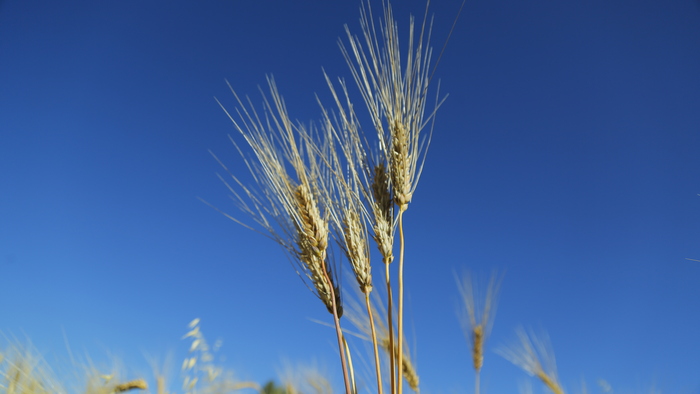Collaboration between the advanced techniques of geneticists and the traditional knowhow of Ethiopian farmers has enabled the selection of 1,200 new varieties of grain, more productive and resistant to climate change, according to two studies published in the journal of the American Association for the Advancement of Sciences, PNAS.
The research, conducted with the help of the Scuola Superiore Sant'Anna in Pisa, has forged a method of accelerating the production of more resistant and productive plants.
The first study, led by the Scuola Sant'Anna, was conducted with the collaboration of the Amhara Regional Agricultural Research Institute (Ethiopia), Bioversity International, and Milan Universitys Department of Biosciences; the second study was led by Bioversity International.
Both studies demonstrate that approaches able to integrate genetic and climatic information and the traditional knowledge of the farmers are the key to increasing the sustainability of farming and food security in the global South. The selection made with the help of the Ethiopian farmers has been shown to have more than double the accuracy of that carried out solely by technician and researchers.








Caricamento commenti